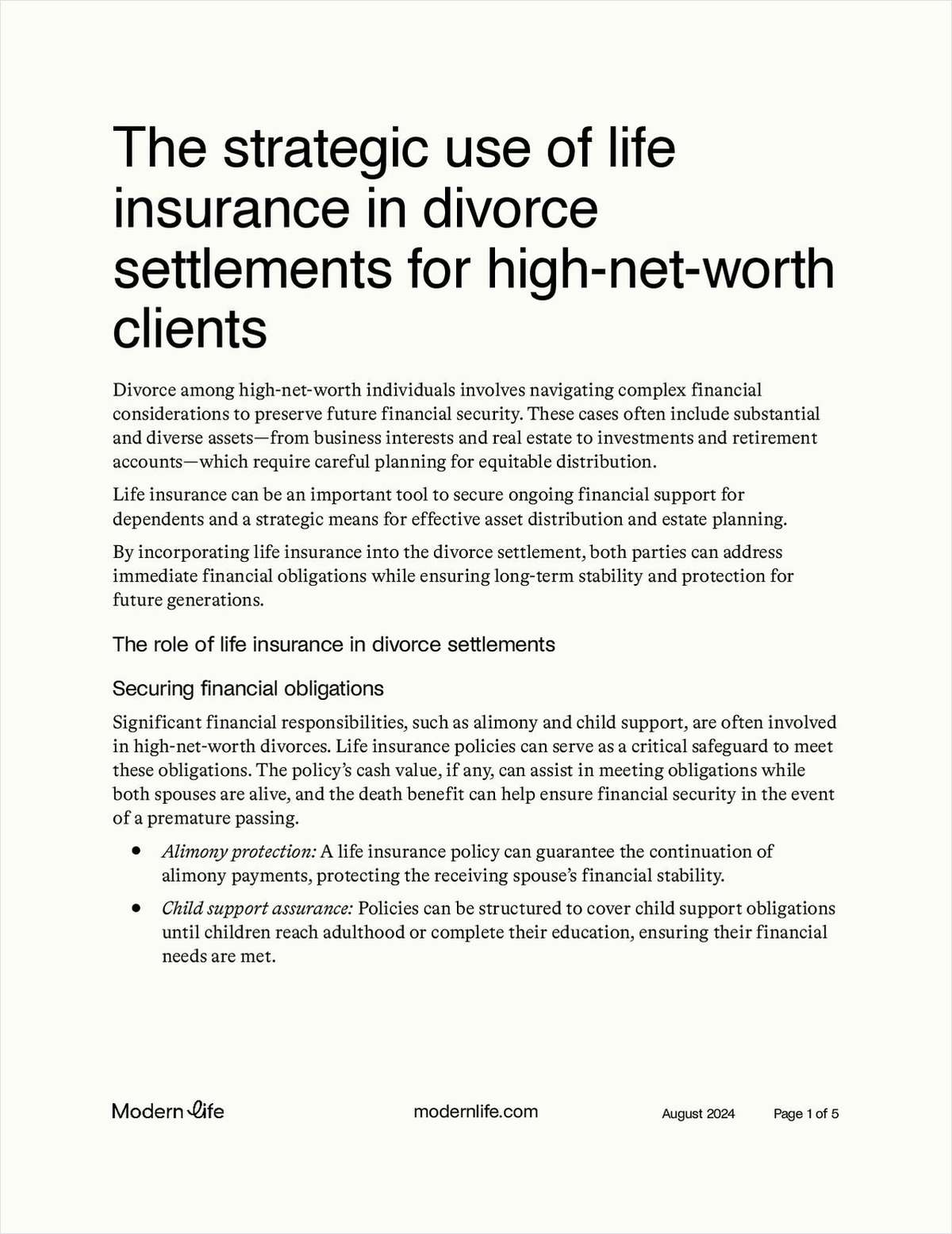(Bloomberg) — California's Medicaid program, which serves one in three people in the state and almost half its children, is facing a $1.1 billion funding gap amid a squabble over how to replace a tax the federal government said is unfair.
To finance Medi-Cal, California charges 25 managed-care plans a 3.9 percent tax on their total Medi-Cal revenue. The U.S. Department of Health and Human Services (HHS) has said the levy fails to comply with federal guidelines because it doesn't apply to all managed-care providers.
If California doesn't fix the system before its tax expires in June 2016, the state risks losing $1.1 billion in matching federal funds that help pay the health care costs for 11.3 million people. Seven other states, including Georgia, Kentucky, Michigan, Missouri, Ohio, Oregon and Pennsylvania, have levied taxes similar to California's.
"There are very dire consequences for not resolving the issue now," said California Assemblyman Marc Levine, a Democrat. "If we have to cut the budget to fill this hole, it will require increasing tuition at universities, deferring maintenance on highways and cutting services to our most vulnerable populations."
Special session
Gov. Jerry Brown, lawmakers and health plans haven't been able to agree on how to replace the tax, prompting the governor to call a special session that convened earlier this month.
Brown, a Democrat, has proposed requiring about 40 managed-care organizations to pay the tax using a tiered system based on how many patients are enrolled in Medi-Cal. His budget office estimated the levy would raise $1.7 billion. Health providers would receive $1.1 billion, leaving them a financial liability of $660 million, according to a July 2 report by the state's legislative analyst's office.



